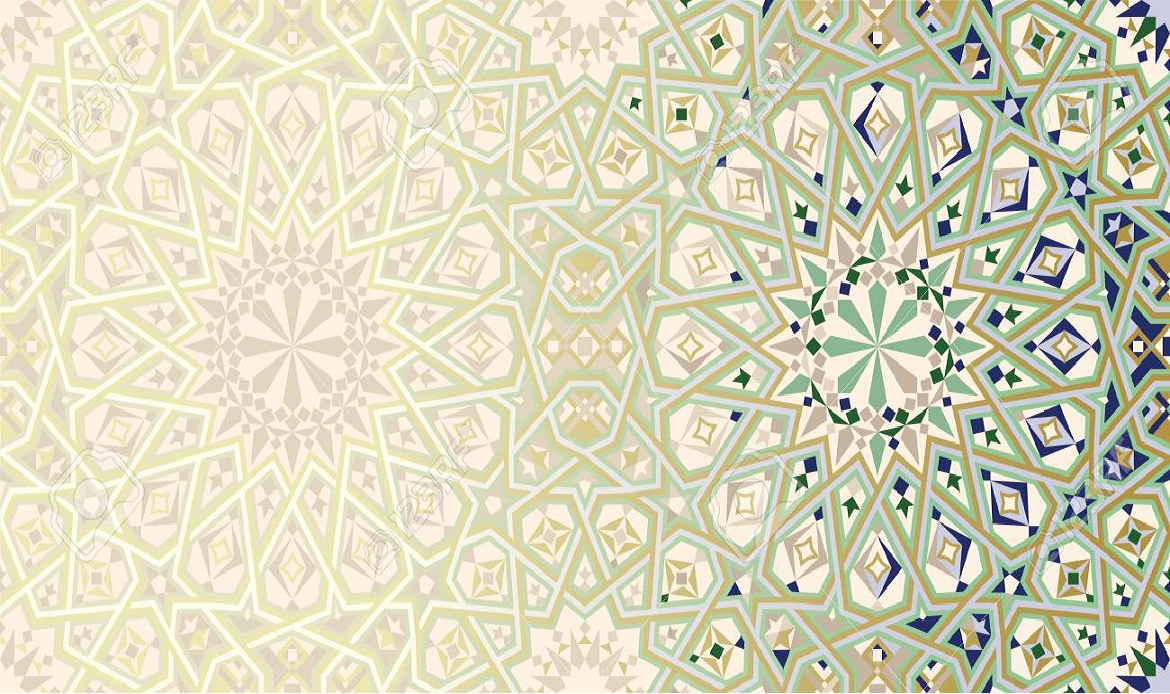A type of sale in which some trees in an orchard are donated by the owner to the needy in exchange for some of its dried fruits (such as dates). This sale is permissible by shari’a on the condition that the dried fruits are used for household consumption and not for sale. The owner can sell its fresh dates in exchange for some of these dates after having been dried by the buyer (as measured by weight or kail). In this sense, this sale is a special case of the so-called “ba’i al-muzabanah” (which is outlawed by shari’a), except that ba’i al-aaraya is permissible provided that the sale contract involves one palm tree at a time. Some fuqaha, such as al-Shafe’ei doesn’t restrict the contract to a single palm tree as long as the amount of dried dates received by the seller doesn’t exceed five awsuq (plural of wasaq or a camel’s load. Therefore, 5 awsaq are equivalent to 5 × 130.56 kg = 652.8 kg). Abu Haneefah, on his part, considers this sale definitely impermissible on the account that it is a type of ba’i al-muzabanah which shari’a forbids.
In Arabic, al-‘aariyyah (pl. ‘aaraya) refers to a palm tree that is planted in an orchard or house garden/courtyard.




